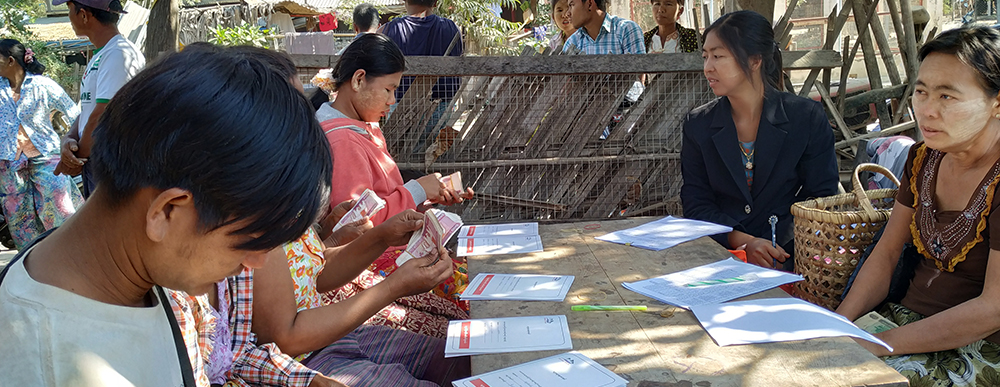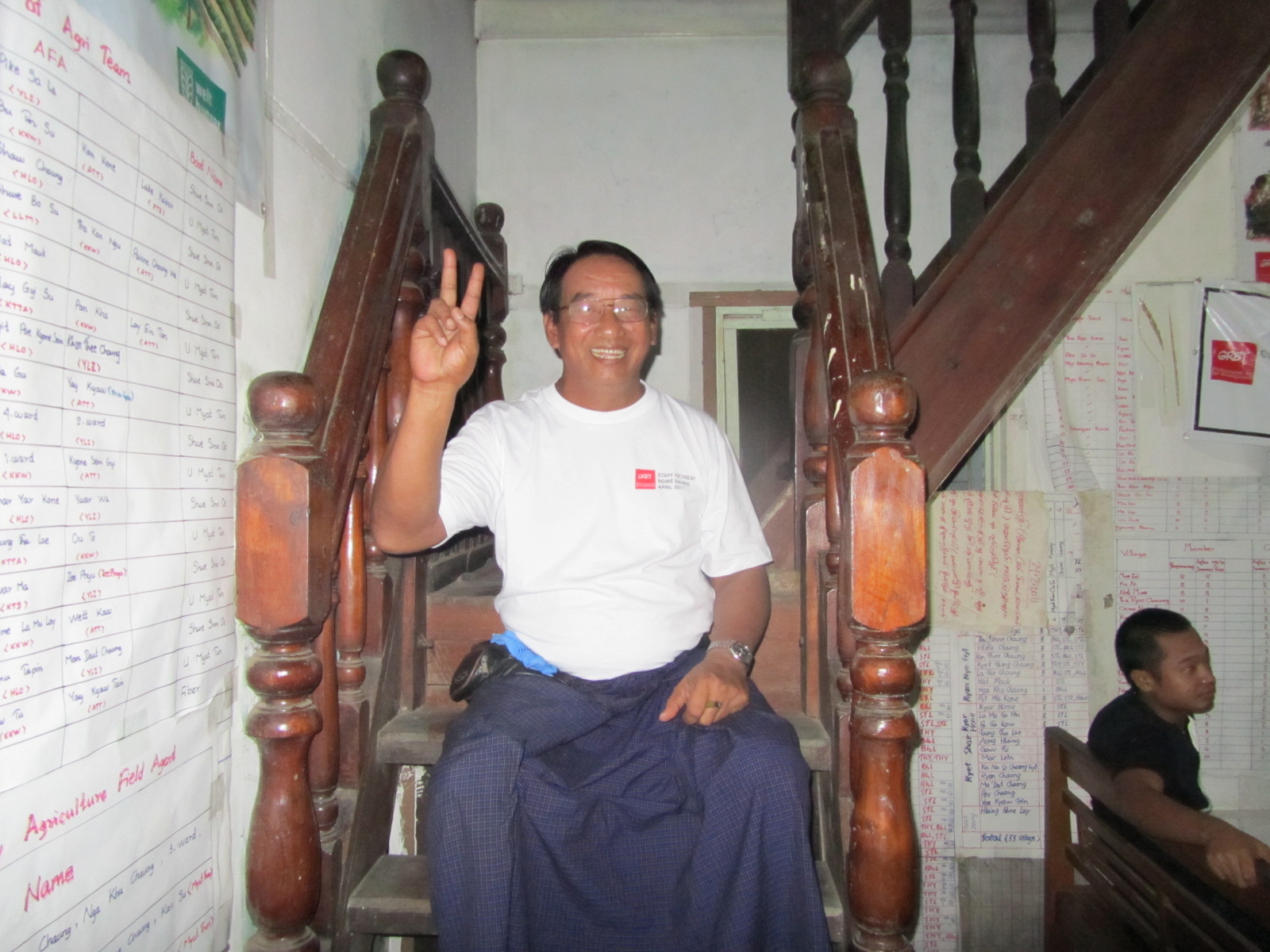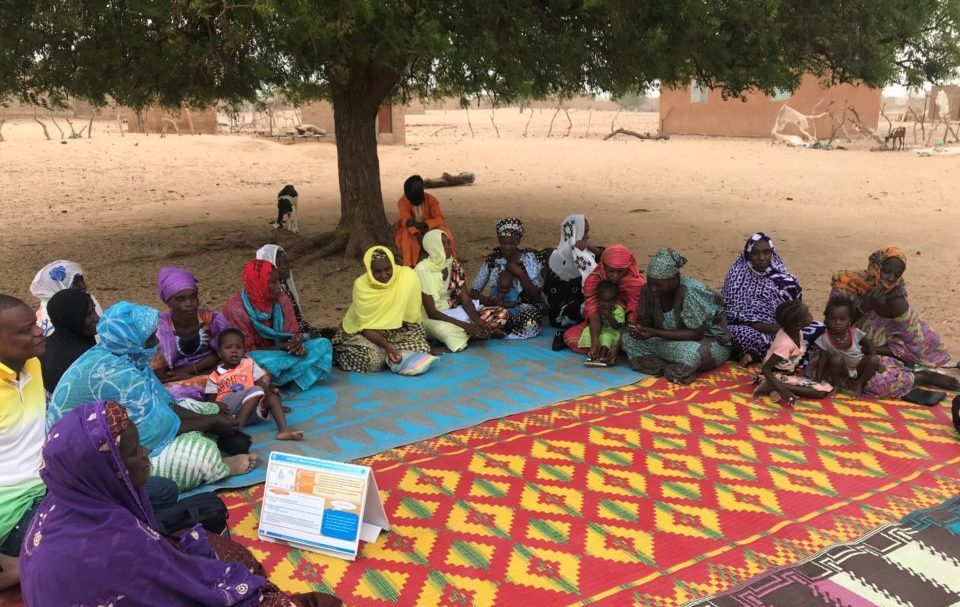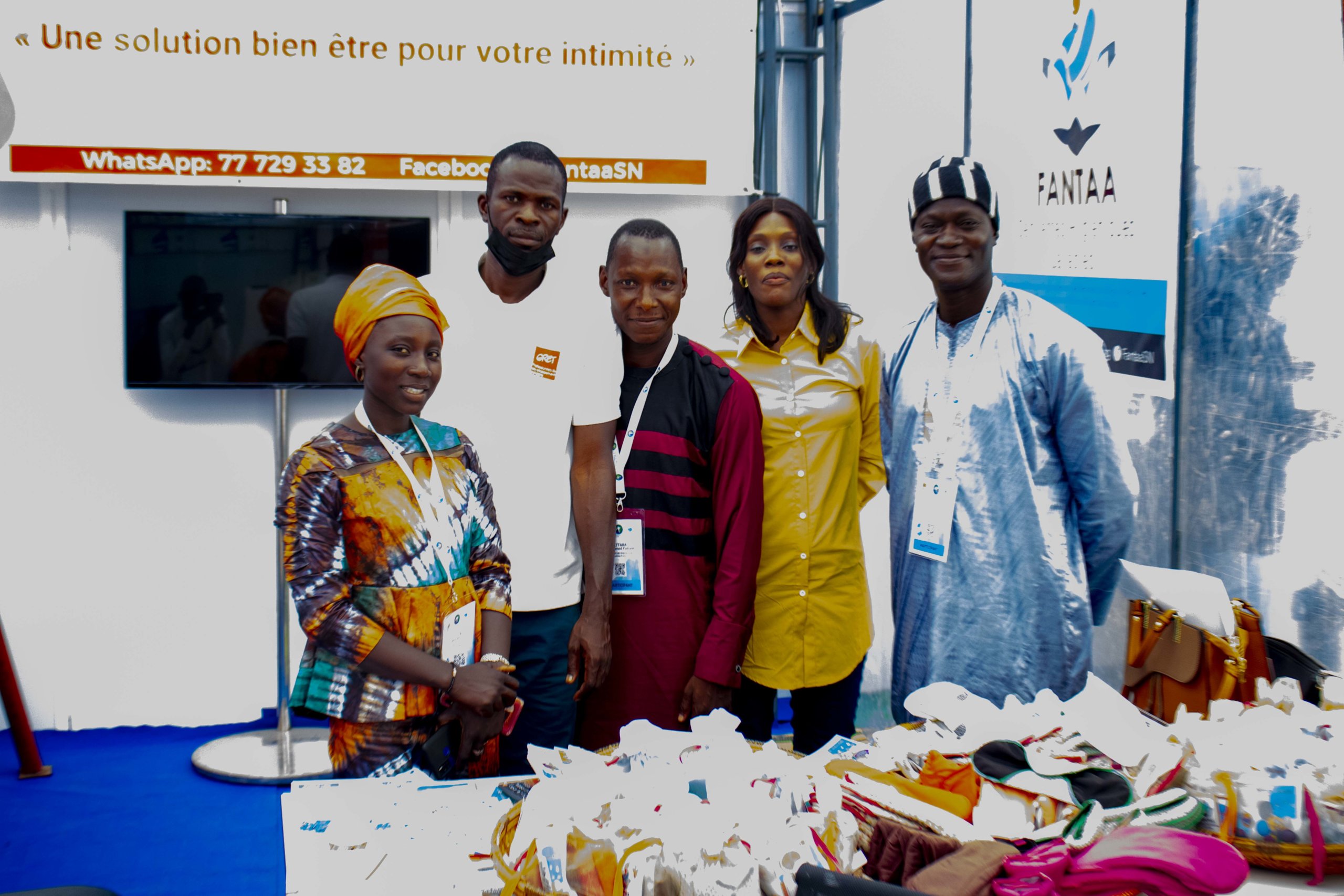Present in Myanmar since 1995, GRET succesfully transformed two microfinance projects into a Myanmar social business: Thitsar Ooyin Company Limited. Following this transformation, GRET’s role changed from direct project management to more targeted technical assistance, responding to the needs of this microfinance institution (MFI), such as strengthening of governance, access to refinancing in the form of debt and support for development of the long-term strategic vision.
Thitsar Ooyin, which means “Garden of Loyalty” in Burmese, was created as a result of two projects initially supported by GRET. These two projects had very different backgrounds and environments (geographic, economic and social).
Firstly, in 1995, GRET supported the emergence of the Chin MFI in Chin State in western Myanmar, which is characterised by mountainous terrain (the organisation’s headquarters is situated in Hakha, at an altitude of 1,800 metres), low population density, a high level of isolation and poorly developed infrastructure. At the end of 2017, after 22 years in existence, the Chin MFI was financing 10,000 households in 150 villages via its network of five branches.
In parallel, in 2014, GRET initiated the development of a new microfinance institution in the Dry Zone. The latter is characterised by difficult climate conditions (alternating drought and heavy monsoon rains) that generate a high level of vulnerability for households. Based on the methodology tested by the Chin MFI, the Dry Zone MFI, with its three branches, was providing loans to 11,000 households in 180 villages at the end of 2017.

Strengthening and diversification of Thitsar Ooyin
Set up officially in January 2018, at the end of 2019 Thitsar Ooyin had 12 branches providing loans to 31,000 households in 400 villages. This high level of expansion is the result of substantial efforts to strengthen the company’s management systems, particularly with the implementation of an information and management system. The institution continued its rural targeting, mainly financing the agriculture and livestock sectors, which account for more than 80 % of its outstanding loans. It is also worth noting that women are largely in the majority, as 80 % of people taking out loans are women. In 2018, in order to respond to economic evolutions and the financial needs of its clients, Thitsar Ooyin diversified its financial product offer by introducing a seasonal loan intended to finance agriculture and a larger loan to support investments over the longer term. In parallel, the Dry Zone MFI diversified its offer by launching a personal loan and initiated a process to adapt its products to meet the needs of populations, with support from a team of agricultural experts.
In order to strengthen its social mission and improve its coordination, Thitsar Ooyin undertook to develop a strategy for social performance management. To do this, the MFI mobilised the expertise of Cerise, a French organisation specialising in social performance management, to train and support teams and the management board to develop Thitsar Ooyin’s social strategy and a multi-annual action plan. The institution undertook in particular to continue monitoring the poverty rate of its clients using the Poverty Probability Index (PPI). The latter is made up of 10 questions to clients, adapted to suit the local context. At the end of 2018, more than 80 % of households questioned were living below the international poverty line, determined to be 2.50 American dollars of income per day per person. A new questionnaire, updated in 2019, will make it possible to ensure that Thitsar Ooyin continues its social mission supporting poor, vulnerable households.

Varied support to ensure sustainability of the service
Since 2018, an increasing number of financial partners have been demonstrating their confidence in Thitsar Ooyin and supporting its development. The institution has contracted loans (all in local currency) from public and private establishments such as the United Nations Capital Development Fund (UNCDF), the Netherlands development finance company (FMO), Cordaid, Rabobank Foundation and Netri Foundation. Negotiations are underway with new partners to finance the institution for the 2019-2023 period.
In parallel, the Livelihoods and Food Security Trust Fund (LIFT) donor consortium renewed its partnership, awarding a new 30-month grant to fund the opening of new branches and continue technical assistance aimed at professionalising the institution.
As majority shareholder, GRET is continuing to provide support to Thitsar Ooyin by being actively present on its management board and providing targeted support for the needs of the institution.







